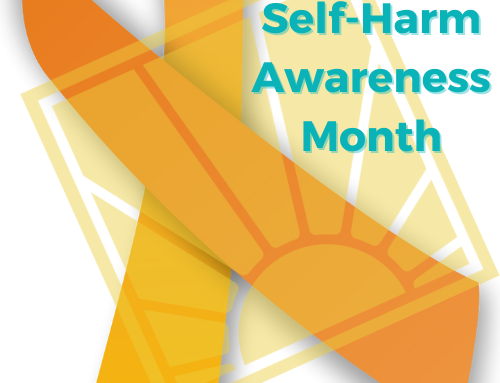If your teenager is having difficulties, chances are she’s also causing difficulties, especially for those who love her the most. Parents of emotionally troubled teens often suffer just as much or even more than their struggling child. It’s the instinct of all good parents to put the needs of their children first. In a crisis, it’s normal (if heroic) parental behavior to abandon their own well being in order to protect, assist or rescue their child.
In the case of parents of troubled or difficult teens, however, this selfless behavior can backfire if it’s not balance by some form of self care. A particularly toxic issue for many parents dealing with a difficult teen is that of unresolved anger and resentment. Despite the fact that most parents know their teen is acting out of pain, this acting out often takes the form of defiance and disrespect. The emotional toll of living with a difficult teen can cause profound inconvenience, domestic chaos and financial expense. No matter how much a parent loves their child, the collateral damage caused by a teen’s acting out behavior can be profound. For even the most patient and long suffering parent, a difficult teen is likely to trigger some anger.
In their natural tendency to put their child’s needs first, however, many parents fail to recognize the anger that’s somehow mixed into seemingly more noble and acceptable parental emotions such as grief, sadness and a deep desire to help. But ignoring anger doesn’t make it go away. In fact, unaddressed anger can lead to depression, anxiety and other issues that make a parent less effective.
Many experts agree that the negative effects of anger can be minimized by addressing the emotion in an honest, non-reactive manner. While ranting and raging tend to actually increase, rather than alleviate, anger (according to some studies), the healthy expression of anger can actually reduce its intensity and keep it from festering. In fact, the healthy communication of your full range of emotions (including anger) can be a critical part of your difficult teen’s healing process.
But for parents who habitually smother, ignore or redirect feelings of anger, even detecting feelings of anger can be difficult. For these parents (as well as those prone to fits of rage, sarcasm or other unhealthy expressions of anger), it can be immensely helpful to engage in an ongoing exploration of feelings with a trusted and experienced family therapist. When it’s neither minimized nor over emphasized, anger has an important place in effective parenting. Anger is designed as a protective emotion that can mobilize caregivers to take effective action in a crisis. Expressing anger honestly and non-reactively can also help your teen understand the impact her actions have on others, a critical dimension of her therapeutic process.
So when it comes to anger, coming clean is the best policy.

